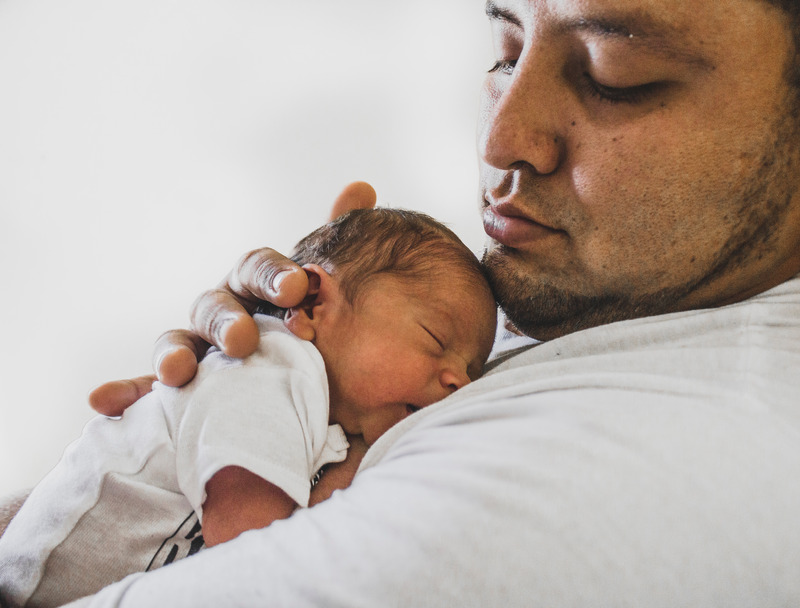Perinatal/Postpartum Mental Health
Experts estimate that for the first few weeks after birth, the majority of new mothers (about 80%) experience mood swings and feelings of depression, the “baby blues,” typically considered a normal period of adjustment.*

If, however, you are finding pregnancy or new motherhood an overly anxious or depressing experience (i.e. suffering anger, sadness, irritability, lack of interest in the baby, guilt) you are most certainly not alone.

Research shows that as many as one in seven new mothers and one in ten new fathers experience greater challenges with perinatal (during and surrounding pregnancy) and postpartum (period following birth) mental health.*
Perhaps you’ve heard the following thoughts from others, or maybe even thought them to yourself, and are struggling with your answers:
You’re pregnant? How exciting! You must be thrilled!
Are you okay? This should be the happiest time of your life.
You’re so selfish! Don’t you even care about this baby?
Many parents suffering have thoughts like:
What is wrong with me?
I must be crazy/defective/not meant to be a parent, etc.
No one will understand.
They will take away my baby. (No that will not happen here.)
Here, at CFCE, we understand how difficult and desperate these feelings can be.
We also know that they are signs of legitimate disorders, not signs of failure.
We will listen without judgement, respect you, and honor your struggles.
Perinatal and postpartum disorders are temporary and treatable.
Please do not suffer this alone! We are here to help.

If you, your partner, or a loved one, is experiencing uncomfortable or frightening feelings during pregnancy or after birth, such as anxiety and depression, Postpartum OCD, or Postpartum post traumatic stress, please do not hesitate to reach out to us with questions or for consultation. We know how to help!
In an emergency or life-threatening situation, please use the following resources.
RESOURCES
- 911: For a life-threatening emergency
- National Suicide Prevention Lifeline: 1-800-273-8255
- PerformCare: 1-877-652-7624 (follow menu prompts provided for an urgent, but not life-threatening, situation)
* ncbi.nlm.nih.gov